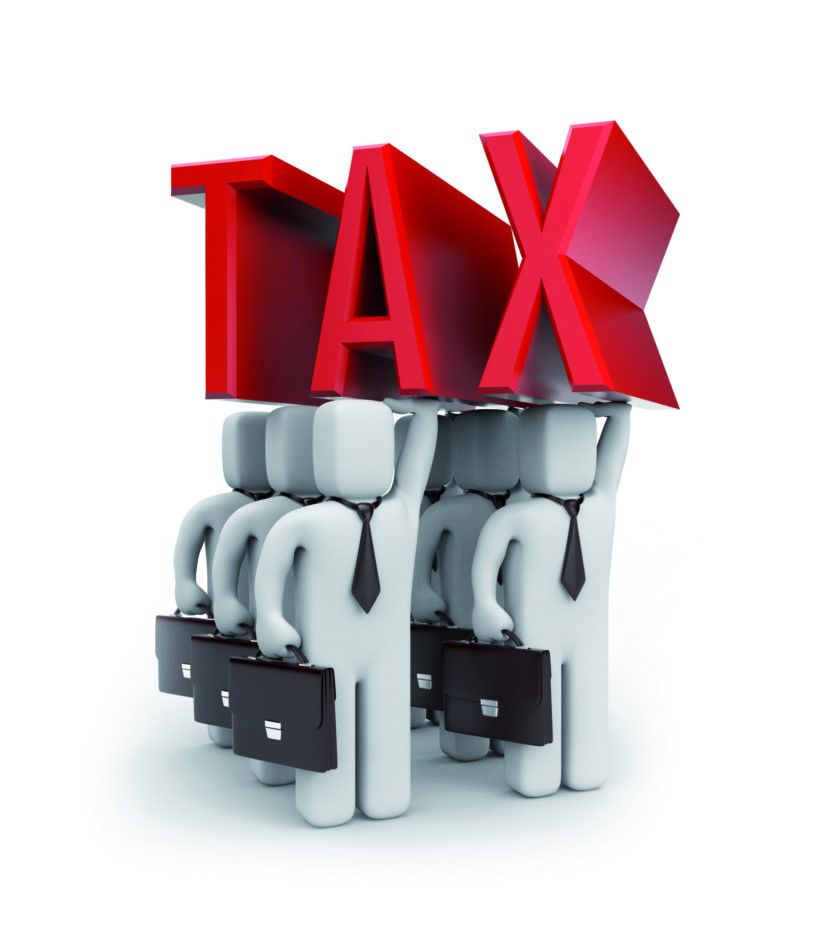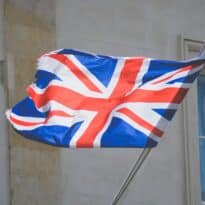HM Revenue & Customs repaid more than £45 million in overtaxation on pension withdrawals in the fourth quarter of 2022, as the cost-of-living crisis drove a growing number of people to access their pension savings. This tax anomaly needs urgent review, say commentators.
The latest figures show that £45,026,065 was repaid to 14,335 people overtaxed on pension withdrawals in the final three months of the year – the highest Q4 figures on record and the third highest of any three month period since the pension freedoms were introduced in April 2015. The average reclaim for the quarter was £3,141.
In total, savers have reclaimed £970 million in overtaxation on pension withdrawals since 2015.
Tom Selby, head of retirement policy at AJ Bell, said surging inflation had driven more people to turn to their retirement pots to cope with the cost-of-living crisis. Flexible pension withdrawals hit £3.6 billion between 1 April and 30 June 2022, a 23% increase compared to the same period of 2021.
Selby said: “This is now filtering through into pensions overtaxation figures, with a staggering £45 million repaid to savers in the final three months of 2022 – the highest Q4 figure on record. The total overtaxation figure has now reached £970 million and will inevitably pass the £1 billion landmark in 2023.
“Depressingly, the true scale of the issue is likely much higher as many of those who have been overtaxed – in particular, people on lower incomes who are less familiar with the self-assessment process – will not go through the official process of reclaiming the money they are owed. As a result, they will be reliant on HMRC putting them right.
“It is ridiculous the tax system operates in this way and scandalous that the Government has done nothing to address it almost eight years since the pension freedoms were introduced.”
Since 2015, HMRC has taxed the first flexible withdrawal someone makes in a tax year on a ‘Month 1’ basis. This means an individual’s usual tax allowances are divided by 12 and applied to the withdrawal, resulting in unexpected tax bills which can run into thousands of pounds. While pension savers who take a regular income or make multiple withdrawals during the tax year should have their tax code adjusted automatically by HMRC, anyone who makes a single withdrawal will likely be left out of pocket, warns Selby.
Those making single pension withdrawals have the option to fill out one of three forms or rely on HMRC to repay at the end of the tax year. Which form will depend upon how someone has accessed their retirement pot.
Pension experts lambasted the current system, noting that the rules are confusing and complex for savers.
Jon Greer, head of retirement policy at Quilter, said: “Despite pension freedoms having come in around eight years ago, the way HMRC taxes lump sum withdrawals from pensions has never caught up and leaves people receiving less than they expected from their pension withdrawal.
“Many people take the lump sum option because they may need the funds to cover a one-time expense or financial emergency, and this adds further difficulties to the situation. While someone will eventually get the money back, it would seem unduly bureaucratic to expediate that process by having to make a claim themselves to receive their tax refund promptly. Many people will fail to make that reclaim and could have to wait many months before the money is repaid.
“Particularly in a time of cost-of-living pressures, a solution to this clunky quirk needs to be found as right now the burden is being unduly placed on savers to not only recognise they are out of pocket, but then require them to fill out paperwork if they want their money back immediately.”
Andrew Tully, technical director at Canada Life, echoed the sentiment: “The latest HMRC numbers just re-emphasise the complexity of the tax position for those taking lump sums out of their pension. Almost eight years on from the introduction of the pension freedoms there must be a better way to administer the tax position around pension withdrawals.”
Tully says for individuals making a pension withdrawal for the first time, a workaround is to initiate a small withdrawal of around £100 which will generate a tax code from HMRC which the pension provider will apply to any subsequent withdrawals.
Tully added: “That will result in the tax being taken at source being far more accurate in many more cases, reducing the paperwork but equally importantly the customer receiving a more accurate withdrawal.”
Currently, anyone who flexibly accesses taxable income from their pension will also be impacted by the Money Purchase Annual Allowance (MPAA) reducing their annual allowance from £40,000 to just £4,000. They will also lose the ability to carry forward unused annual allowances from the three previous tax years.
Selby warned that the MPAA will become an “increasingly significant” savings barrier, particularly for those considering returning to work.
He said: “Given Chancellor Jeremy Hunt has made clear his desire for older workers to help plug gaps in the labour market, addressing the MPAA at the March Budget feels like a no-brainer. As a minimum, he should increase it to £10,000 – the level at which it was first introduced.
“Over the longer-term, the Government should explore ways to remove the MPAA altogether – a move which could help simplify the UK’s overly complex pension tax system.”
[Main image: markus-winkler–fRAIQHKcc0-unsplash]






























